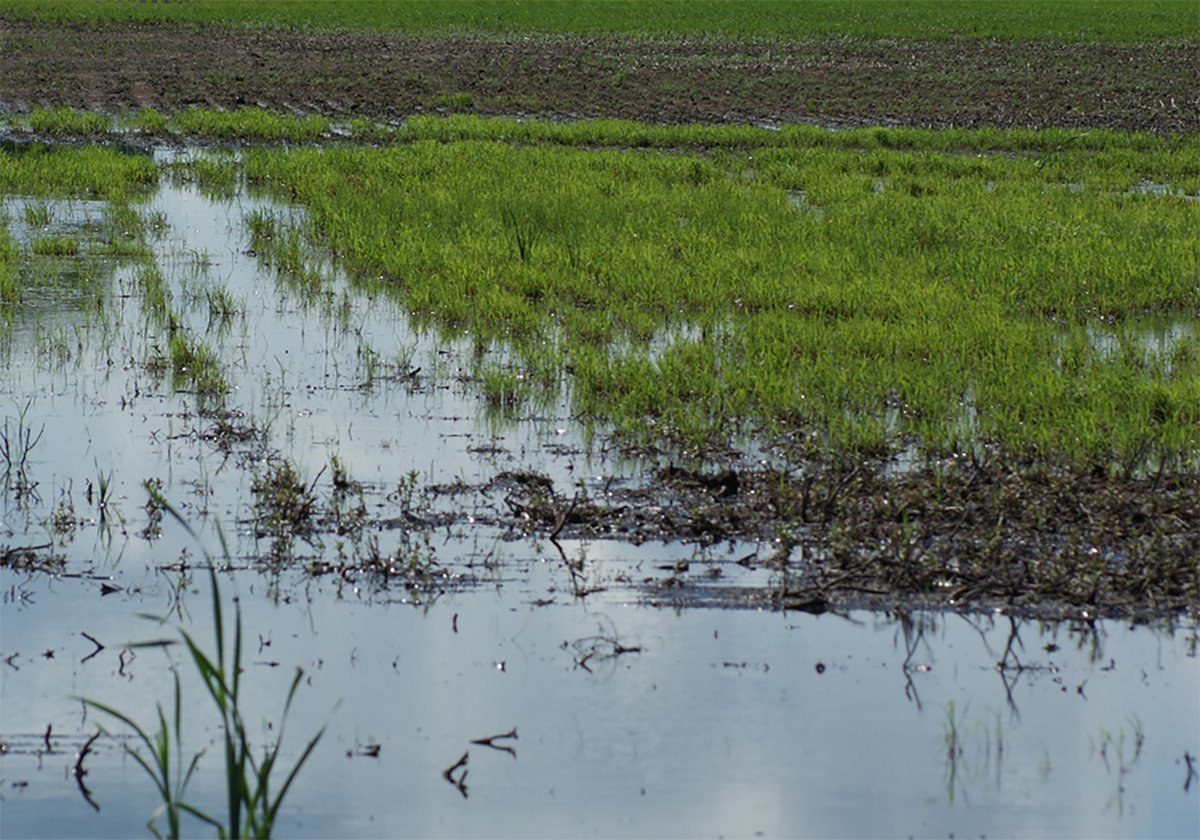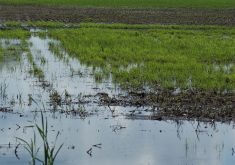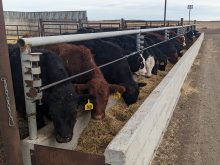I HAVE just returned from an international conference in Brazil where I heard many variations on what we, here in Canada, call the farm financial crisis.
There’s a grave and growing problem in rural areas everywhere in the world. Given the scope and urgency of the problems, one would think that the global community would be eager to focus attention on it.
After all, although many urban people may not be aware of it, cities and towns are heavily dependent on what happens in rural areas. Cities live on the resources from the countryside. And everyone, rural and urban, depends on the land for their most basic human requirement: food. Moreover, in many parts of the world, agriculture provides jobs to more than half of the population.
Read Also

Topsy-turvy precipitation this year challenges crop predictions
Rainfall can vary dramatically over a short distance. Precipitation maps can’t catch all the deviations, but they do provide a broad perspective.
So when the United Nations Food and Agriculture Organization finally called an International Conference on Agrarian Reform and Rural Development in Porto Alegre, Brazil, March 7-10, one might have expected keen interest and an energetic response.
However, the governments of the world do not seem to give these issues much importance. Almost 30 years have passed since the first international agrarian reform conference took place in 1979. The long gap in returning to this topic and the failure of many governments to attend the conference indicates the low priority given to rural development, agrarian reform and the fate of the countryside. Only 80 countries out of the 188 invited to the FAO conference sent delegations to Porto Alegre. No heads of state were present. Our own government was a no-show.
I think this lack of interest is a dangerous oversight for many reasons. Our own farm crisis is replicated elsewhere with a vengeance. The deepening rural poverty in every part of the world is a humanitarian crisis. The displacement of peasants, small-scale farmers and fishers from their traditional livelihoods creates untold suffering, hunger, loss of cultures, insecurity and conflicts.
Meanwhile, many urban areas are becoming unsustainable. The ecological damage caused by modern methods of food production is mounting daily – polluted waters, degraded soils, erosion, deforestation, an alarming loss of biodiversity and the spread of diseases among producers and consumers.
In the face of these trends, thousands of peasants, fisher folks, indigenous people, women, pastoralists, landless agricultural workers and other civil society organizations mobilized massively during the conference to offer a new vision of agrarian reform.
Led by the international peasants movement, the Via Campesina, they demanded genuine, integrated agrarian reform. It begins by wrestling control over land, water, maritime resources, seeds and other natural resources from the clutches of corporate agribusiness and giving it to the people of the land. Public policies must be reoriented to ensure that social, ecological and cultural values are integrated into rural development.
The marketplace must be reorganized to give priority to local ecologically and culturally appropriate food production for local consumption, i.e. food sovereignty.
There are fundamental questions of justice, environmental sustainability and peace at stake in the debate over agrarian reform. Shouldn’t our governments be participating in this discussion also?
Nettie Wiebe is a farmer in the Delisle, Sask., region and a professor of Church and Society at St. Andrews College in Saskatoon.














